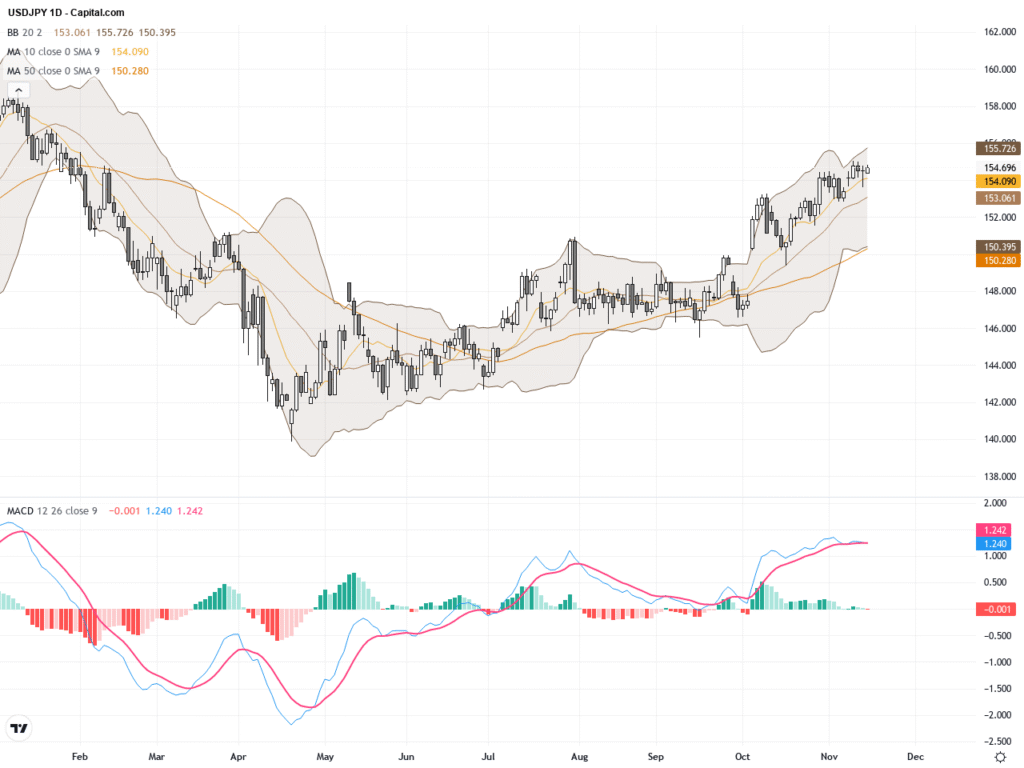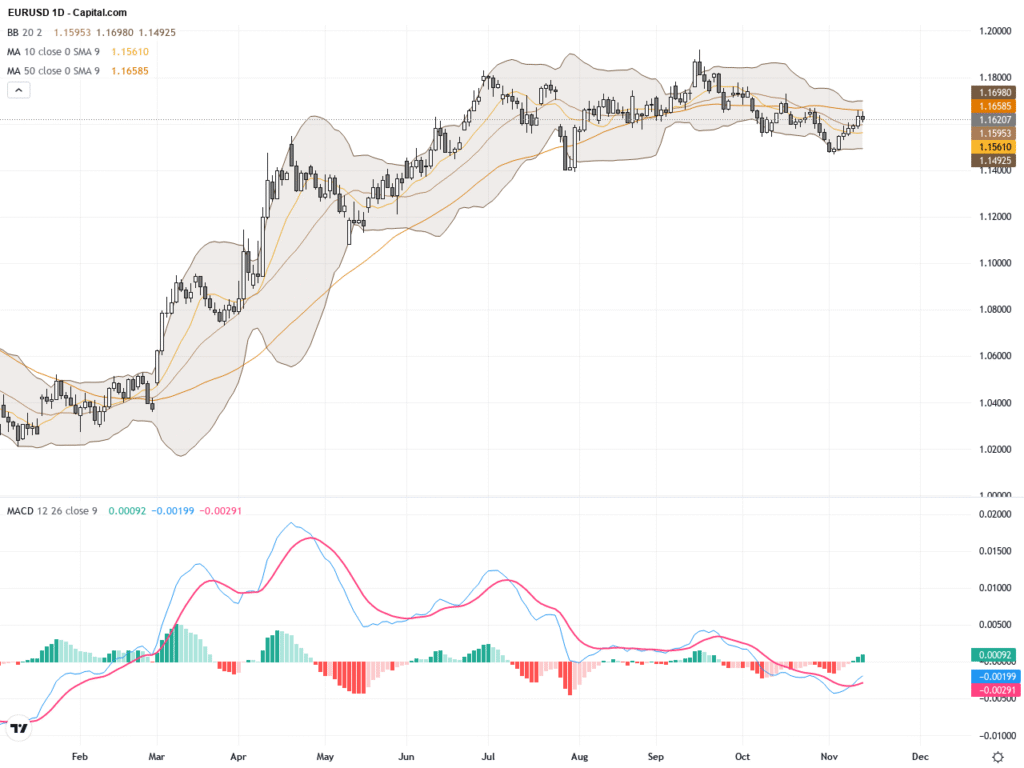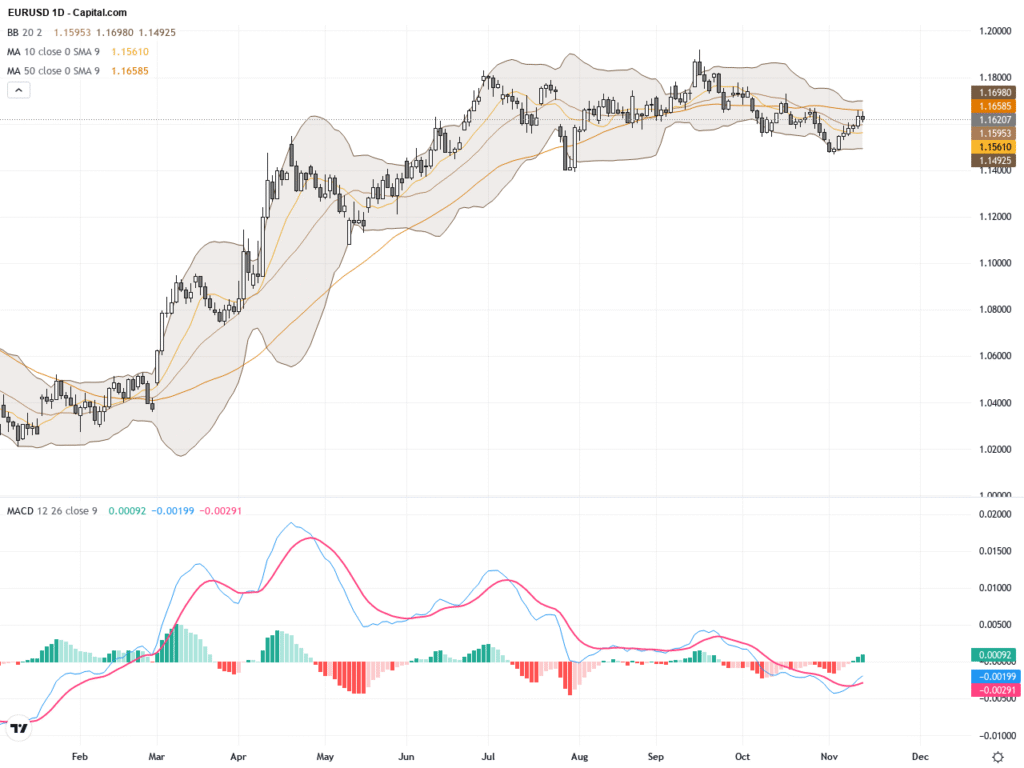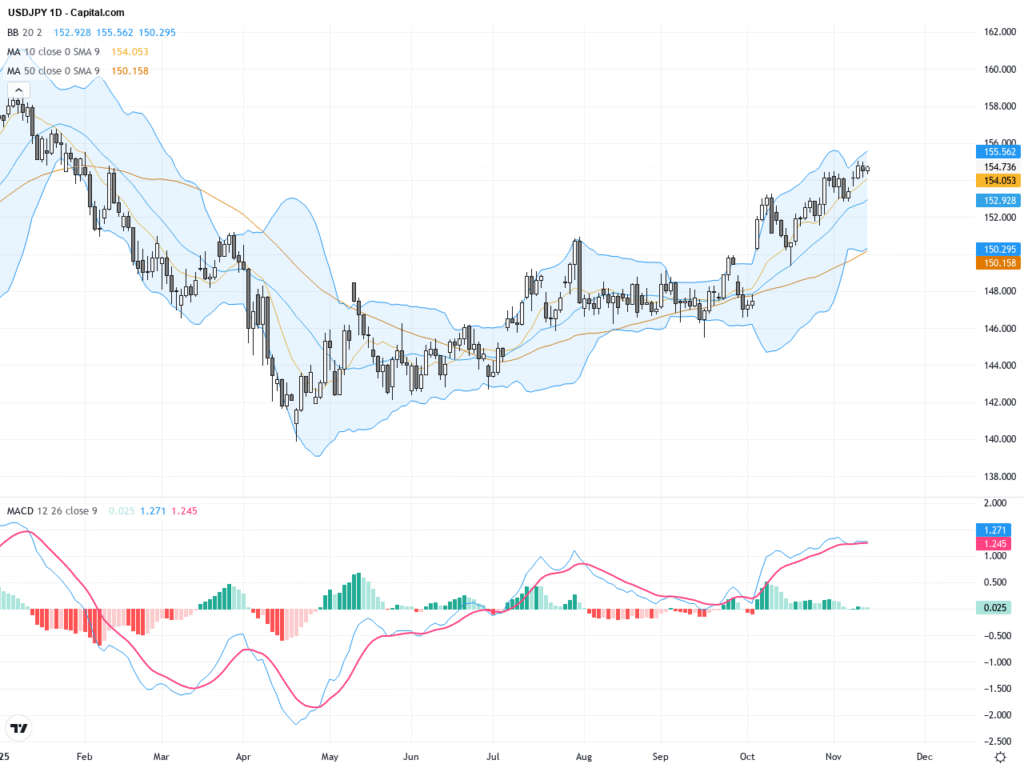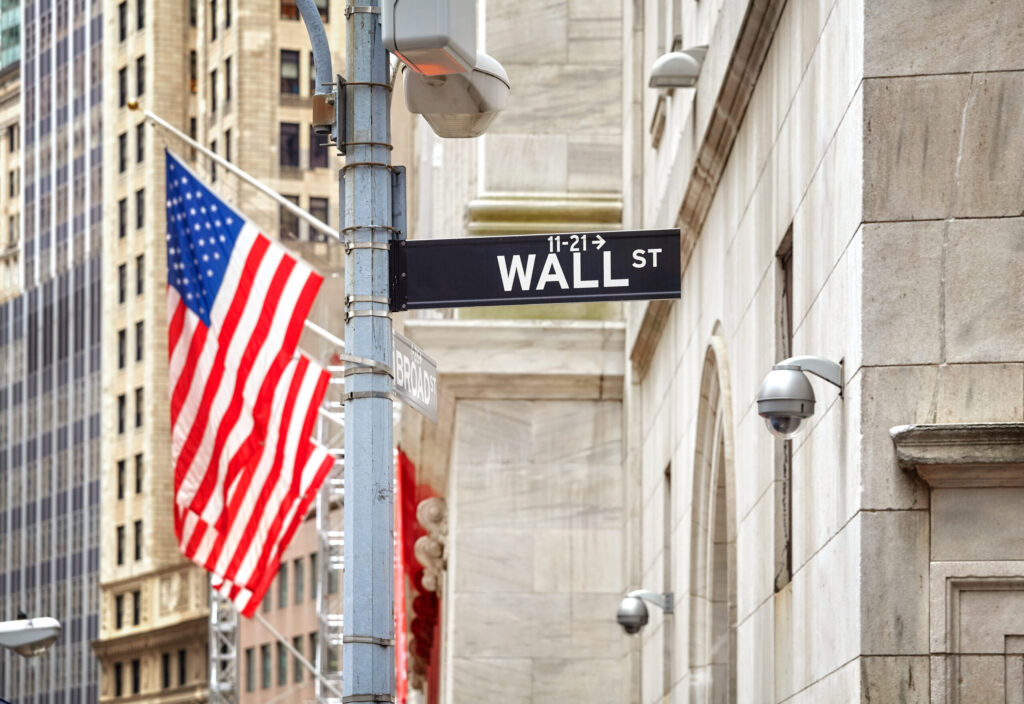 |
| Gold V.1.3.1 signal Telegram Channel (English) |

France in Political Turmoil: Economic Risks and Investor Implications in 2025
2025-09-07 @ 20:00
France’s Political Chaos: What It Means for the Economy and Investors
France is once again in the international spotlight, but not for reasons that inspire optimism. The country is gripped by deep political turmoil as its government teeters on the brink of collapse, raising fundamental concerns for the French economy, financial markets, and global investors.
The Immediate Crisis
At the heart of the current crisis is Prime Minister François Bayrou’s €44 billion budget savings plan. Presented as an urgent measure to rein in France’s ballooning national deficit and debt, the plan has triggered fierce opposition in parliament. The opposition, holding a majority, is expected to vote down the confidence motion. This move will likely force Bayrou’s resignation or the complete fall of his government, mirroring the downfall of his predecessor just last year.
Should the government collapse, France will face an extended period of political limbo, with parliament and the executive unable to agree on urgently needed fiscal reforms. As of the first quarter of 2025, France’s government debt had climbed to €3.345 trillion, or roughly 113% of GDP, and the annual deficit stood at 5.8%—figures that put France among Europe’s least fiscally stable major economies.
Economic Consequences
The economic stakes of this political instability are immense. Without a clear and stable government, France risks a further loss of investor confidence and increased borrowing costs in financial markets. If parliament cannot approve a new budget, the 2025 budget may be frozen, potentially leading to a higher deficit in 2026 compared to European Commission forecasts. This would also erode the government’s credibility with European Union partners and international markets.
Many analysts have warned that a government shutdown or paralysis could tip the French economy—Europe’s second largest—into recession. Growth has already been anemic, with year-on-year GDP expansion stuck below 1% since late 2024. While France posted a meager 0.3% GDP increase in the second quarter of 2025, this resilience hangs by a thread as the political crisis deepens.
Investors now face growing uncertainty. An inability to enact reforms or agree on spending cuts could see France’s credit rating threatened, further increasing the cost of government borrowing. In the worst-case scenario, if French bond yields spike to unaffordable levels, the country might require intervention from the European Central Bank—a scenario not seen in a core eurozone economy since the sovereign debt crisis over a decade ago.
Impact on Business and Households
Political uncertainty is particularly dangerous for business sentiment and consumer confidence. Without political clarity, businesses may postpone investment, hiring, or expansion plans, while households—already facing high inflation and stagnant wage growth—may tighten spending. Such belt-tightening only deepens the risk of recession and compounds the government’s fiscal headaches.
At the same time, planned austerity measures are highly controversial. Neither the political left nor right is willing to support deep cuts to popular social programs or public sector salaries, leading to a political stalemate. This deadlock risks triggering further social unrest. Labor unions and protest groups have already announced a campaign of national strikes and demonstrations, beginning shortly after the expected government collapse.
Outlook: A Difficult Road Ahead
The coming months will be decisive for France’s future. Any incoming government will inherit the same enormous fiscal challenges and will struggle to pass any meaningful reforms without broad political consensus. The prospect of snap elections or another technocratic caretaker government also looms, prolonging the instability.
For now, France serves as a cautionary tale of what happens when political impasse meets economic reality. Investors and financial markets will be watching closely for signs of compromise or fresh leadership. Stability, when it returns, may come at a high political and social cost.
What Should Investors Watch?
- Developments within the French parliament—especially any breakthroughs on a budget or government formation.
- French bond yields and credit ratings, which will signal market confidence in the country’s fiscal trajectory.
- European Central Bank statements or emergency measures, as these would indicate serious fears about contagion beyond France.
- Social unrest and protest levels, which could disrupt economic activity and further undermine confidence.
France’s predicament underscores the volatile intersection of politics and economics in developed economies. The situation remains fluid, with significant risks for both domestic stakeholders and global investors. As always, prudent investors should monitor events closely and re-evaluate French risk exposure in line with rapidly changing circumstances.


